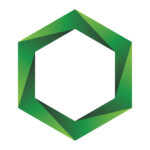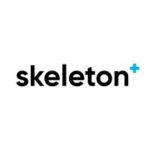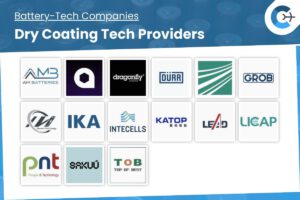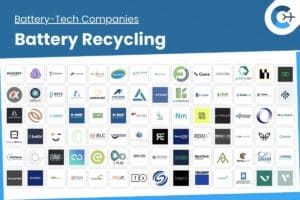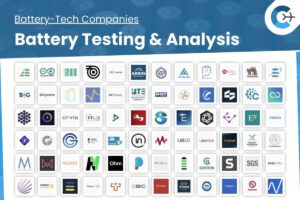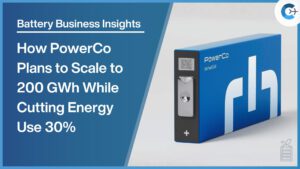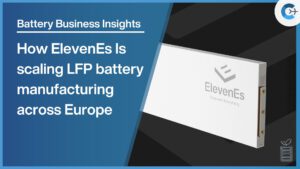Fraunhofer IWS is a Dresden‑based applied research institute specializing in materials, laser processing, and battery manufacturing. It provides DRYtraec® dry electrodes, pilot cell production, laser joining, materials characterization, and filtration for safe scale-up.
Fraunhofer IWS (Fraunhofer Institute for Material and Beam Technology) is an applied research institute headquartered in Dresden, Germany. Part of the Fraunhofer-Gesellschaft, IWS focuses on materials, coatings, laser processing, and battery manufacturing technologies. The institute develops industry-compatible processes and pilot-scale systems to transfer research into production for automotive, aerospace, energy, and medical sectors. Its mission is to accelerate sustainable, industrial implementation of materials and beam technologies by providing development, prototyping, and production-support services to public and private partners. Led by Prof. Dr.-Ing. Christoph Leyens, IWS operates centers such as the Advanced Battery Technology Center to support pilot production and industry collaborations.
Fraunhofer IWS combines materials science, laser processing, and surface engineering with pilot manufacturing to validate scalable solutions. A central technology is DRYtraec®, a solvent-free dry electrode coating process that forms electrodes via mechanical shear without drying ovens, cutting energy use and eliminating VOC emissions. IWS also develops lithium-sulfur, sodium-sulfur, and solid-state concepts, laser welding and microprocessing for cell assembly, optical metrology, and filtration systems for manufacturing safety. Pilot lines and the Advanced Battery Technology Center enable performance validation and transfer to industrial partners.
IWS provides technology packages and pilot services including DRYtraec® dry electrodes, prototype cell production, laser joining and coating, materials characterization, and optical inspection. Solutions target electric vehicles, stationary energy storage, aerospace, and medical devices, offering lower manufacturing energy, reduced solvent handling risk, and faster scale-up from lab to pilot lines.
TritiumStopp (2025–2028) develops permeation-dense layer systems as tritium barriers for fusion applications, validating barrier coatings and test methods with fusion research partners. SAXFUSION (05/2025–12/2027) is a Saxony-wide research collaboration on nuclear fusion that coordinates regional institutes and industry on materials and process development for fusion-relevant components.
Fraunhofer IWS operates as a non-profit institute within the Fraunhofer-Gesellschaft. Funding is primarily public: about 40% core federal and state funding, roughly 25% competitive national and EU research grants, and the remainder from contract research with industry. The institute does not accept private-equity financing; it may hold minority stakes in spin-offs to enable technology transfer while maintaining public-interest research priorities.



